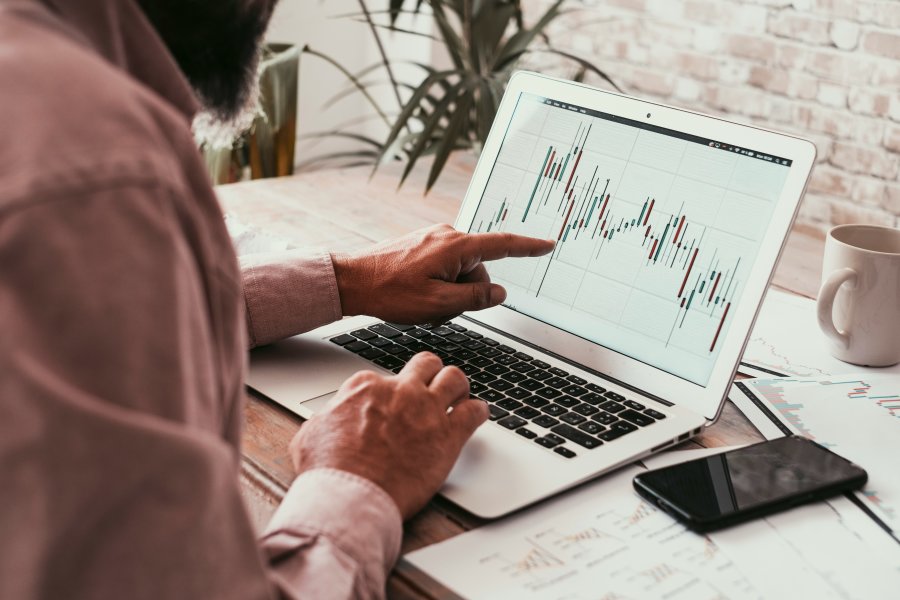15.04.20212 min
Share the article
Covid-19, the virus of inequality
Several studies have mapped the impact of epidemics such as Zika and SARS. Each time, the conclusion was the same: a pandemic increases inequality, as the poor are hit harder than the rich. The most significant impact is seen when an economic crisis accompanies a pandemic. Here is an overview of the effects of Covid-19 on the inequality between rich and poor in our society.
Coronavirus causes even greater inequality
For a year, the Covid-19 pandemic gripes the whole world, and we are once again seeing growing inequalities. It seems that the consequences are even more significant than in previous pandemics. Inequality is increasing both within a country and between different countries. According to the IMF, we risk taking a ten-year step backward in the fight against inequality.
Low-income families are the most vulnerable
On the one hand, low-income families face more severe health risks: they are more likely to contract Covid-19, often have less access to health care, and suffer more from chronic diseases. On the other hand, they are more likely to work in areas where teleworking is not possible, which puts them at a higher risk of infection, and they are also more likely to lose their jobs due to the crisis.
Developing countries are more severely affected
When we look at the differences between emerging and mature economies, we find that developing countries are the most brutal hit. They tend to have more limited health care and fewer fiscal or budgetary opportunities to stimulate the economy. Also, it seems that investors in emerging countries have shied away from risky investments over the past year.
Fewer infections, more significant socio-economic impact on young people
As far as generational inequality is concerned, the picture is mixed. The elderly population is more severely affected by the coronavirus than the young population. On the other hand, young people are more affected by the crisis's socio-economic consequences: some are losing their jobs or are unable to find one. School closures and long-term distance learning also have longer-term consequences for the school-age population. Again, the greatest impact is on children growing up in poverty, as they often lack the necessary equipment.
Women more affected than men
Finally, women are more affected by the pandemic than men. They more often work in sectors where teleworking is not possible or are responsible for most childcare. The work-life balance is, therefore, more difficult for them.
Appropriate measures needed
It is up to policymakers to take the necessary measures to protect the most vulnerable and prevent the gap between rich and poor from widening further. From an international perspective, debt rescheduling or cancellation will be appropriate to enable the most impoverished countries to overcome the pandemic and its economic impact.
Share the article
Related articles
Rue de l'Industrie 44
1040 Brussels
Belgium
+32 2 287 91 111040 Brussels
Belgium
VAT BE 0403 212 172
RPR | RPM Brussels
RPR | RPM Brussels
Regulated by the Belgian Financial Services and Markets Authority (FSMA) and the National Bank of Belgium | All rights reserved 2024, Degroof Petercam






